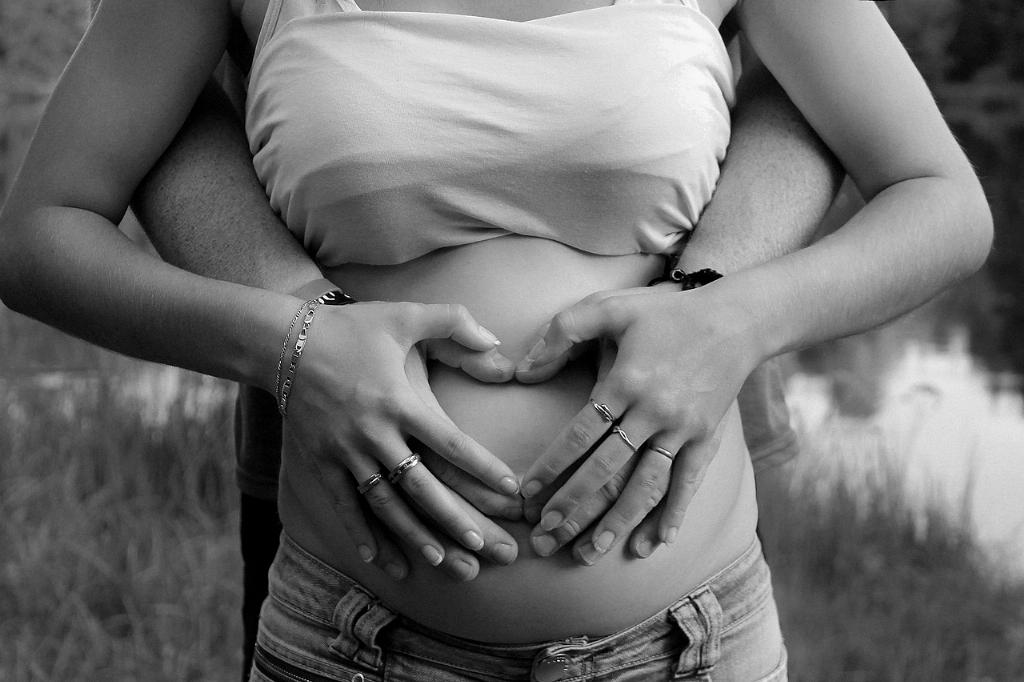When it comes to taking a pregnancy test, timing can play a crucial role in determining its accuracy. Many women wonder if it really matters what time of day they take a pregnancy test. The short answer is yes, it does matter.
First Morning Urine
The best time to take a pregnancy test is in the morning with your first urine of the day. This is because the concentration of Human Chorionic Gonadotropin (HCG) hormone, which is what pregnancy tests detect, is typically at its highest level in the morning.
Most Accurate Results
When you take a pregnancy test with your first morning urine, you are giving yourself the best chance of getting accurate results. The concentrated levels of HCG make it easier for the test to detect the hormone, increasing the test’s sensitivity.
HCG Levels Throughout the Day
Although HCG levels are generally higher in the morning, they can vary throughout the day. Some tests are designed to be sensitive enough to detect HCG no matter what time of day you take the test.
Time Since Last Urination
For the most accurate results, it is recommended to wait at least three hours since your last urination before taking a pregnancy test. This allows the HCG levels to become more concentrated in your urine, increasing the chances of a positive result.
Testing Too Early
It’s important to note that testing too early in your menstrual cycle can result in a false negative result, even if you are pregnant. For the most accurate results, wait until after you have missed your period before taking a pregnancy test.
Making Sure of Accuracy
If you are unsure about the accuracy of your test results, it is always best to consult with your healthcare provider. They can perform a blood test to confirm your pregnancy or provide guidance on when to take another urine test for more accurate results.
Factors to Consider
Several factors, such as the sensitivity of the test and your individual HCG levels, can affect the accuracy of the results. It’s essential to follow the instructions provided with the test and to take it at the recommended time of day for the best outcome.
Consider Your Menstrual Cycle
Understanding your menstrual cycle can also play a role in determining the best time to take a pregnancy test. If you have irregular periods or are unsure when to expect your next period, it may be more challenging to pinpoint the ideal time for testing.
Managing Expectations
It’s important to manage your expectations when taking a pregnancy test. While many tests are highly accurate, there is still a margin of error. If you receive a negative result but suspect you may be pregnant, consider retesting in a few days or consulting with your healthcare provider.
Seeking Support
Regardless of the results of your pregnancy test, it’s essential to seek support and guidance from loved ones and healthcare professionals. Whether you are hoping for a positive or negative result, having a support system can help you navigate the next steps in your journey.
In Conclusion
While the best time to take a pregnancy test is generally in the morning with your first urine, the sensitivity of the test and individual factors can also influence the accuracy of the results. To ensure the most reliable outcome, follow the instructions provided with the test and consider consulting with your healthcare provider for further guidance.

